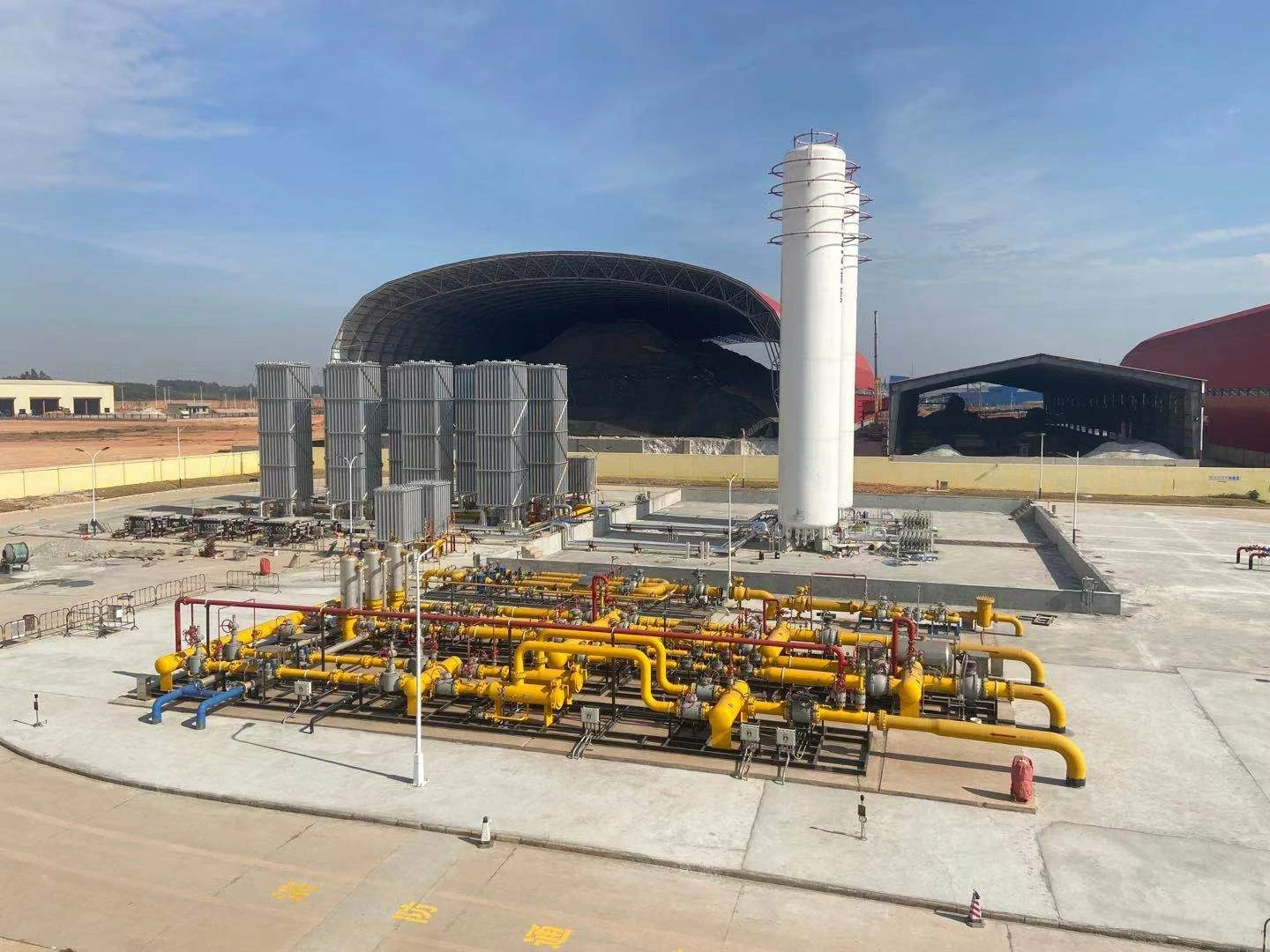
Nov . 10, 2024 12:24
Back to list
Exploring the Functionality and Importance of Natural Gas Control Valves in Systems
Understanding Natural Gas Valves Essential Components for Safe and Efficient Operation
Natural gas is an essential energy source for millions of homes and businesses worldwide. Its efficient use hinges on various components, among which valves play a critical role. Valves regulate the flow of natural gas, ensuring that it reaches consumers safely and efficiently while facilitating maintenance and emergency responses. This article explores the types of natural gas valves, their functions, and the importance of regular maintenance.
Types of Natural Gas Valves
Natural gas valves come in several types, each designed for specific applications. Here are a few of the most common types
1. Shut-off Valves These valves are critical for safety. They can completely stop the flow of gas, allowing for safe maintenance and emergency shutdowns. Shut-off valves are typically located at various points along the gas supply line, including where the gas supply enters a building.
2. Control Valves These valves regulate the pressure and flow of natural gas to ensure that it is delivered at the correct rate for various appliances. They are equipped with actuators that can automatically adjust the flow based on consumption levels.
3. Relief Valves Safety is paramount in handling natural gas, which is why relief valves are essential. They release excess pressure from gas lines to prevent potentially dangerous situations, such as explosions. These valves are set to open at predetermined pressure levels, ensuring that the system remains within safe operating ranges.
4. Check Valves These valves allow gas to flow in one direction while preventing backflow, which could cause contamination in the gas supply. They are crucial in protecting the integrity of gas distribution systems.
5. Butterfly Valves Often used in large pipelines, butterfly valves can quickly open or close the flow of gas with a simple quarter-turn of the handle. Their design allows for more compact systems and can handle large volumes of gas efficiently.
Functions and Importance of Natural Gas Valves
Natural gas valves serve multiple functions
natural gas valve

- Flow Regulation By controlling the flow of gas, valves ensure that appliances receive the necessary amount of gas without excess pressure that could lead to malfunctions or hazards. - Safety Control Valves are integral to safety systems in gas supply lines. They help prevent leaks and control pressure, safeguarding both human life and property.
- System Isolation In case of maintenance or emergencies, shut-off valves allow for the isolation of portions of the gas system without disrupting the entire service. This capability is crucial for effective service management.
- System Efficiency Properly functioning valves contribute to the overall efficiency of the gas distribution system. Efficient gas flow translates to lower energy costs and reduced environmental impact.
Maintenance and Safety
Regular maintenance of natural gas valves is essential for ensuring safety and efficiency. Here are some best practices
1. Routine Inspections Conducting periodic inspections of valves can help identify any wear and tear that could lead to failures. Look for signs of corrosion, leaks, or abnormal functioning.
2. Testing Control Systems Automated control valves should be tested regularly to ensure they respond correctly to changes in demand and maintain appropriate pressure levels.
3. Replacement of Worn Parts Over time, internal components of valves may degrade. Promptly replacing worn seals or other components can prevent leaks and maintain proper operation.
4. Training Staff For businesses that utilize natural gas, ensuring that staff members are trained in recognizing valve issues and emergency procedures is critical for overall safety.
Conclusion
Natural gas valves are fundamental to the safe and efficient operation of gas distribution systems. Understanding their types and functions helps consumers appreciate their role in energy management. Regular maintenance is essential to prevent safety issues and ensure that natural gas can be delivered reliably to power our homes and industries. Investing time and resources into valve maintenance not only safeguards lives but also fosters an efficient energy landscape.
Latest news
-
Safety Valve Spring-Loaded Design Overpressure ProtectionNewsJul.25,2025
-
Precision Voltage Regulator AC5 Accuracy Grade PerformanceNewsJul.25,2025
-
Natural Gas Pressure Regulating Skid Industrial Pipeline ApplicationsNewsJul.25,2025
-
Natural Gas Filter Stainless Steel Mesh Element DesignNewsJul.25,2025
-
Gas Pressure Regulator Valve Direct-Acting Spring-Loaded DesignNewsJul.25,2025
-
Decompression Equipment Multi-Stage Heat Exchange System DesignNewsJul.25,2025

